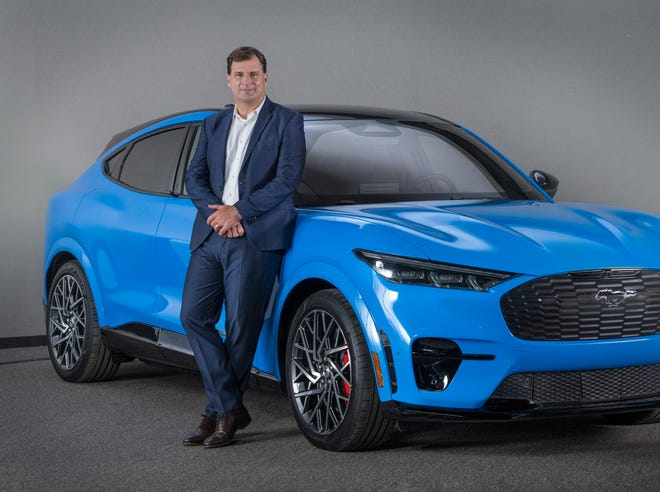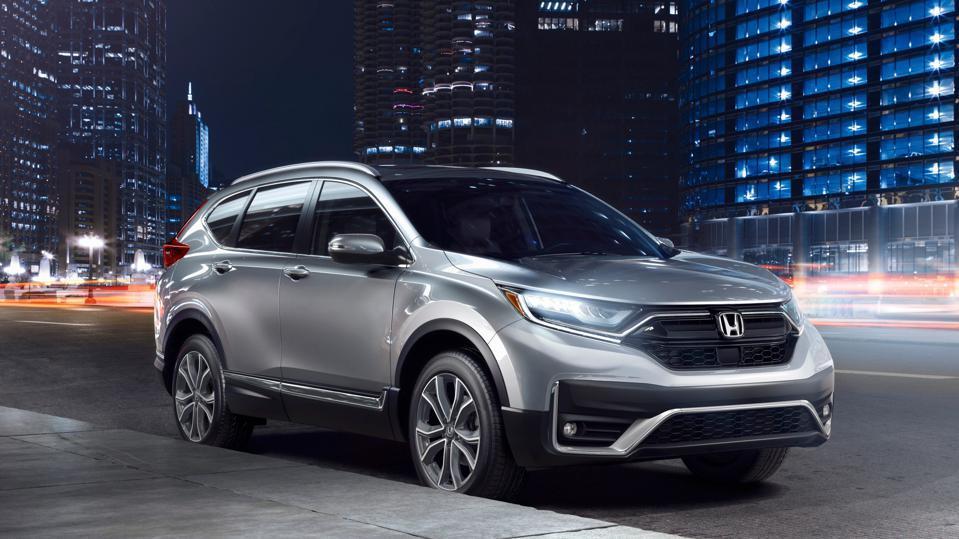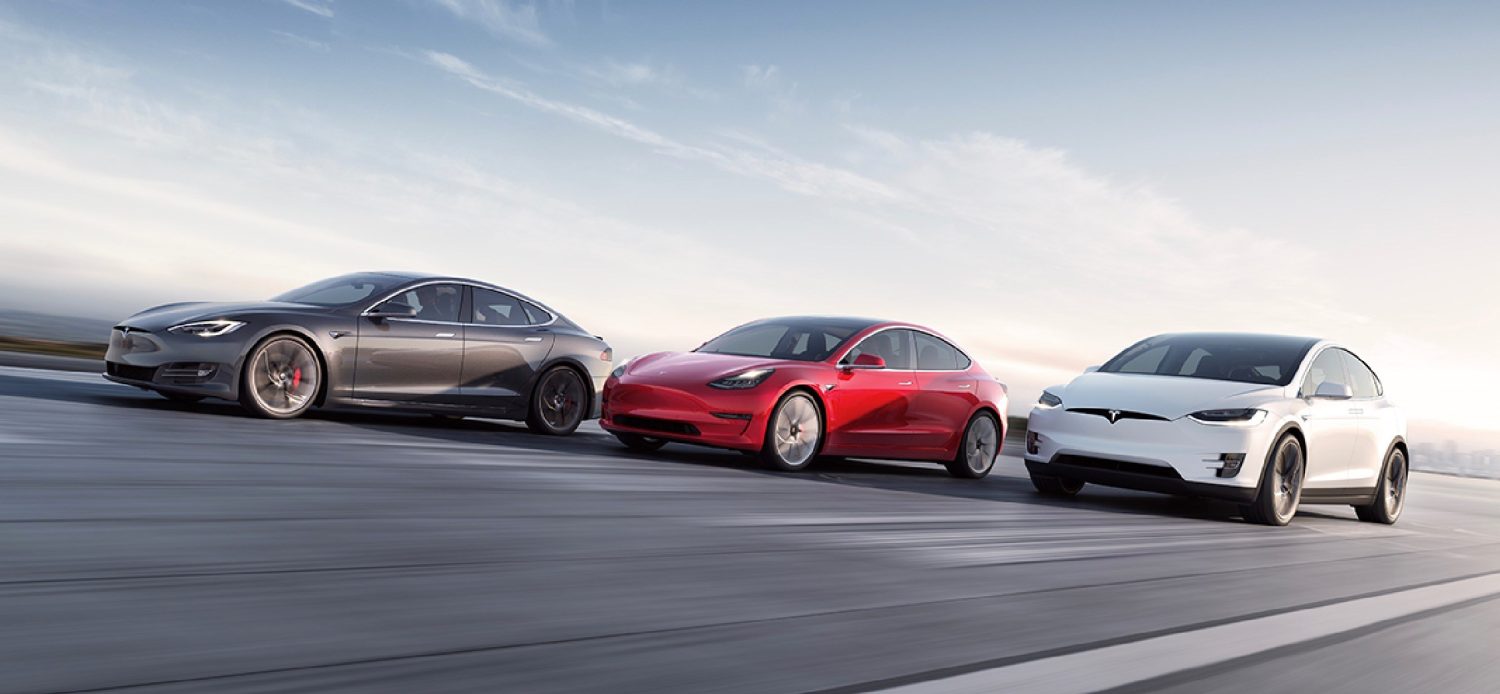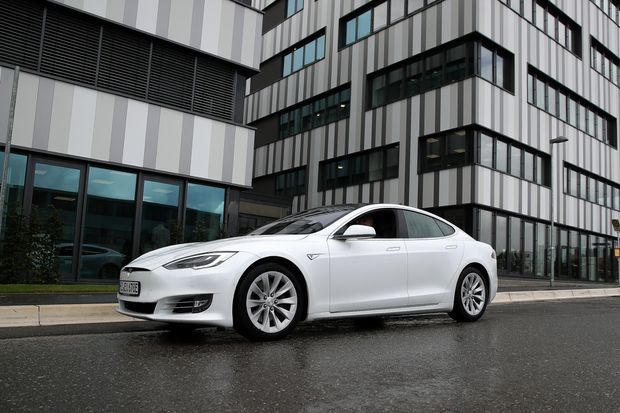As the urgency to tackle climate change grows, the Biden administration has implemented a bold regulatory framework aimed at accelerating the transition to electric vehicles (EVs). The recent guidelines mandate that over half of all new auto sales be electric by 2030, positioning the U.S. automotive industry on a path towards significant sustainability. This article explores the implications of this policy, the challenges it presents, and the potential outcomes for consumers and the automotive market.
Regulatory Framework and Goals
The Push for Electric Vehicles
The new regulations specifically target gas-powered vehicles and are designed to promote the broader adoption of electric vehicles nationwide. This initiative reflects a pivotal shift in U.S. automotive policy, aligning with global efforts to reduce greenhouse gas emissions and dependence on fossil fuels. Consequently, automakers will be compelled to ramp up the production and sales of EVs, plug-in hybrids, traditional hybrids, and hydrogen fuel cell vehicles.
Timeline of Implementation
The guidelines suggest that the majority of new gas vehicles and traditional hybrids will be phased out of the U.S. market within the next decade. This ambitious approach aims not just to reduce emissions, but also to tackle the economic challenges faced by millions of Americans amid rising costs and inflation. However, the announcement has sparked debate, particularly regarding the affordability and accessibility of new electric vehicles in the current economic climate.
Implications for Consumers
The Cost Barrier
While the initiative aims to promote electric vehicle adoption, industry experts warn that many Americans may struggle to afford new EVs, given the high costs associated with many electric models on the market today. As manufacturers shift focus toward EV production, concerns arise about the potential scarcity of affordable gas-powered alternatives, making it difficult for budget-conscious consumers to find suitable vehicles.
Market Transition Challenges
The transition to a predominantly electric vehicle market presents challenges. Although consumer interest in EVs is growing, the current infrastructure, such as charging stations, must expand to accommodate an increasing number of electric vehicles on the road. Moreover, manufacturers may need to ensure that their EV offerings provide performance and features that can compete with traditional gas-powered cars in order to win over skeptical consumers.
Responses from the Automotive Industry
Industry Stakeholder Reactions
The new regulations have elicited mixed reactions from industry stakeholders. While many automakers recognize the necessity of transitioning to electric vehicles as a means to meet evolving consumer demands and environmental standards, others express concern over the government’s strict mandates. Industry associations and some Republican lawmakers have cautioned that the regulations could lead to unintended consequences, including increased costs for consumers and potential job losses in the automotive sector.
Adjusting Production Strategies
In response to these regulatory changes, automakers are already beginning to adapt their production strategies. Many major manufacturers have announced ambitious plans to increase their EV portfolios significantly. However, the extent to which they can meet the mandated deadlines remains uncertain, particularly in light of existing supply chain challenges and necessary investments in research and development.
The Path Forward: Opportunities and Solutions
Fostering Consumer Adoption
To facilitate the transition, it is crucial for both government and industry to work collaboratively in fostering consumer adoption. Incentive programs, including tax credits and rebates for electric vehicle buyers, can help mitigate the financial burden and encourage more consumers to consider EVs. Additionally, education campaigns focusing on the long-term cost savings and environmental benefits of electric vehicles could help shift public perception.
Expanding Charging Infrastructure
Investing in robust charging infrastructure is essential for easing range anxiety and supporting the widespread use of electric vehicles. Public-private partnerships can play a vital role in expanding access to charging stations, particularly in underserved rural and urban areas. Ensuring that charging solutions are easily accessible will enhance convenience and consumer willingness to embrace the EV transition.
Technological Advancements
Continuous advancements in battery technology and energy management systems will also play a crucial role in enhancing the performance and affordability of electric vehicles. Investment in research and development can drive innovations that reduce production costs and improve range and charging efficiency, further appealing to consumers.
Conclusion
The Biden administration’s mandate for over half of all new auto sales to be electric by 2030 marks a pivotal moment for the U.S. automotive industry. While the initiative has garnered both support and criticism, the focus on electric vehicle adoption aligns with the urgent need to address climate change and environmental degradation.







